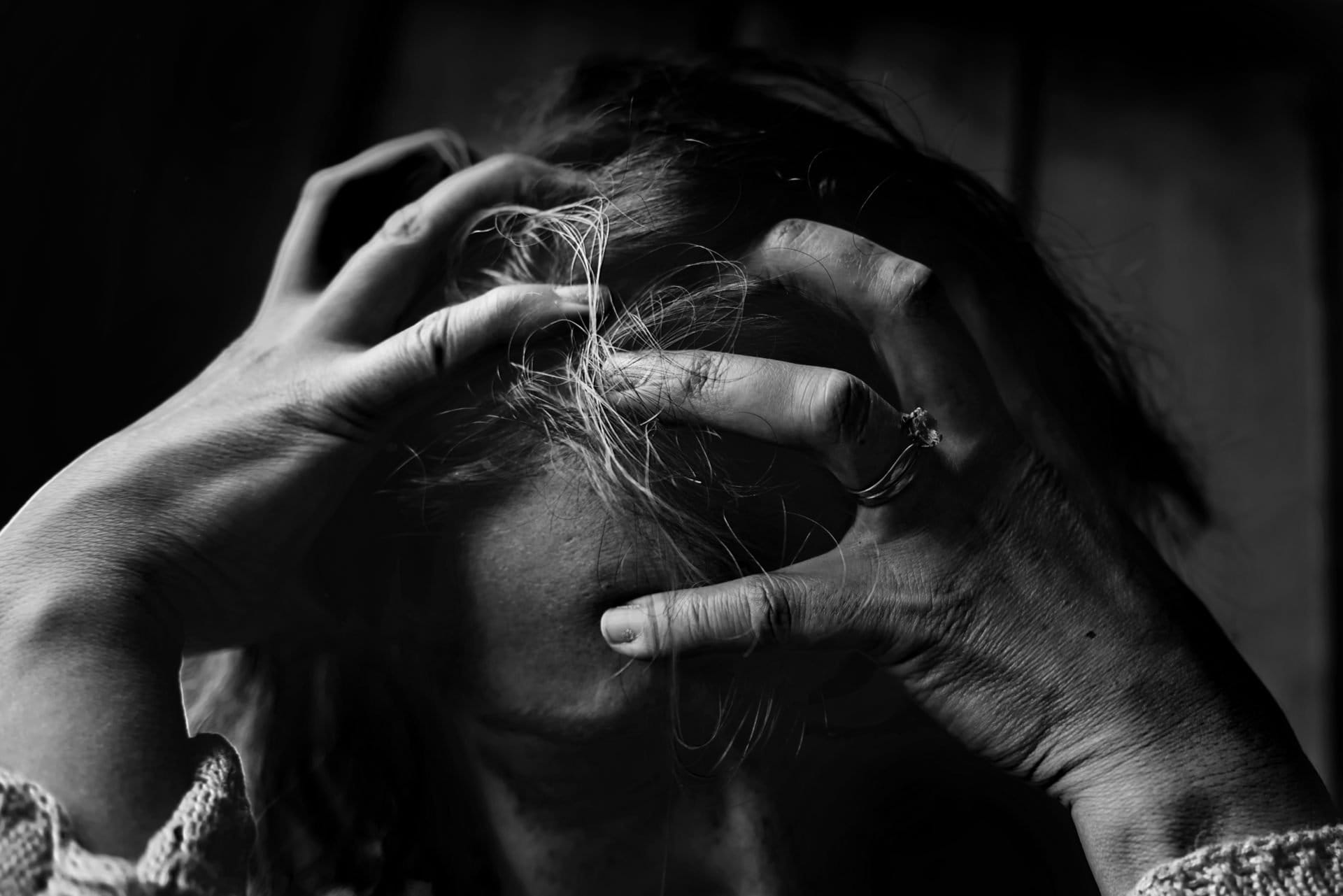

By: Lakeview Health
What is Ecstasy Addiction?
MDMA interferes with serotonin, a neurotransmitter that regulates mood, aggression, sexual desire, sleep and sensitivity to pain.
Ecstasy has grown in popularity as a club drug, sex drug, and social drug. Ecstasy, also known as MDMA, affects individuals by directly changing the chemistry in the brain. Within a short period of time after ingestion, an individual begins to feel the euphoric effects of ecstasy. Psychological effects of ecstasy include mental stimulation, emotional warmth, empathy toward others and decreased anxiety. Its physical effects include sweating, chills, nausea, and vomiting. Ecstasy has a tremendously negative rebound effect after its high has passed. Many addicts will spend a few days either sleeping or looking for their next fix. Chronic ecstasy use changes brain chemistry and produces holes in the brain, creating permanent damage for the user. Many friends, family, and loved ones state that their ecstasy abusing loved one’s personality has changed and they are correct. A Florida substance abuse treatment center provides safe, effective detox and treatment to ease each through withdrawal and into recovery.
Ecstasy Withdrawal Symptoms
MDMA is a stimulant and a hallucinogenic (psychoactive) drug usually taken in pill or capsule form. The drug interferes with the neurotransmitter serotonin, a naturally occurring brain chemical that regulates mood, aggression, sexual desire, sleep, and sensitivity to pain. Physical withdrawal from ecstasy is short, but the drug’s psychological impact may cause more havoc and requires a longer stay in inpatient treatment.
| Physical Symptoms of Chronic Use | Psychological Symptoms of Chronic Use |
|
|
The psychological symptoms of ecstasy abuse will last much longer than physical withdrawal symptoms. Once the addict is stabilized in medical detox, he or she should continue a drug addiction treatment program in a residential treatment center to decrease the chances of relapse.
Ecstasy Detox
In inpatient rehab, the addict will be stabilized off of ecstasy while being monitored for withdrawal symptoms. During this period of time, the addict will be assessed for mental health issues that are related to ecstasy withdrawal. Polysubstance addiction treatment can be an important tool if they have been abusing alcohol or other drugs along with ecstasy. After stabilization, the addict should transfer to residential rehab to continue with treatment.
Ecstasy Addiction Treatment
In the inpatient drug rehab level of care, the addict is able to address underlying issues related to his or her drug addiction. A residential program will also give the addict time to decrease relapse risk, learn to manage chronic craving issues, improve task-oriented behaviors and establish a sleep routine to promote a healthy lifestyle. The addict will also attend individual, couples, and family counseling to help decrease the risk of relapse upon discharge.





